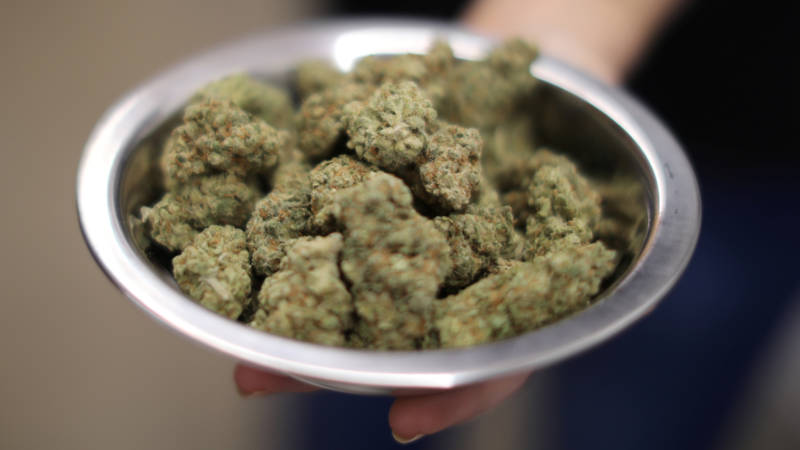In response to the ruling, the California Department of Corrections and Rehabilitation emphasized that inmates are still banned from smoking or ingesting marijuana in its prisons.
"While the court's decision is still under review, we want to be clear that drug use and sales within state prisons remains prohibited," said CDCR Press Secretary Vicky Waters. She added that the agency will "evaluate this decision with an eye towards maintaining health and security within our institutions."
Despite their conclusion that possessing cannabis does not constitute a felony, the court said prison authorities could still ban marijuana possession "to maintain order and safety in the prisons and other penal institutions."
The decision was met with confusion among both prosecutors and criminal defense attorneys, even as some acknowledged that it is a step toward adjusting criminal law to reflect recreational marijuana's legal status in California.
"If you're doing two years on a robbery, it does seem like a lot to have eight years added for possession of less than an ounce of marijuana," defense attorney Dan Olsen told Sacramento's Fox 40 TV news.
In the 20-page opinion written by Presiding Justice Vance W. Raye, the appeals court said Attorney General Xavier Becerra's office "takes a huge leap" in arguing that possessing small amounts of marijuana is legally banned in prison, despite the sweeping and plainly stated changes to California's drug laws.
"The argument flies in the face of the plain language of the statute and common sense," Raye wrote.
The justices noted the unambiguous language of the state's marijuana law — which still bans using the drug under certain circumstances. They also agreed with the defendants' contention that while smoking or ingesting cannabis in prison is specifically prohibited, the law leaves the door open to other methods of using cannabis. Those methods, they added, could include vaping or applying topical oils.
The attorney general's office had argued that the law resulted in an "absurdity" that would essentially legalize the use of a controlled substance in prisons and encourage drug smuggling.
But disagreeing with a drug policy decision isn't enough of a reason to declare that a law is absurd, the court said.
